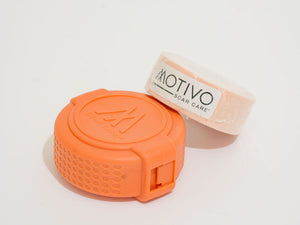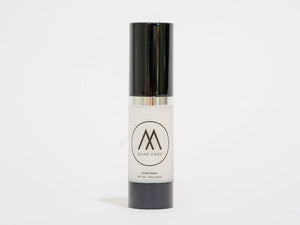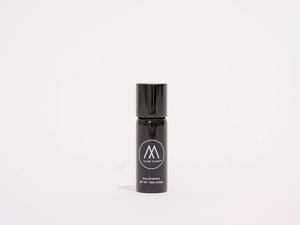Recover Optimally: How to Heal Mentally and Physically After a Minimally Invasive Surgery
Aug 17, 2023
Introduction:
Undergoing a minimally invasive surgery is a significant step towards improved health. However, the recovery process involves more than just physical healing. It also requires addressing mental well-being to ensure a holistic recovery journey. In this guide, we will explore essential steps to help you heal both mentally and physically after a minimally invasive surgery. From managing post-operative discomfort to adopting positive mental strategies, we have you covered.
How to Heal Mentally and Physically after a Minimally Invasive Surgery
Understanding the Recovery Process
Recovery is a gradual process that involves both physical and mental adjustments. Your body needs time to heal, and your mind requires patience as well. The key is to set realistic expectations for the recovery timeline.
Key Insight:
"Patience is a virtue when it comes to recovery. Give yourself the time you need to heal, both inside and out."
Post-Operative Discomfort Management
Dealing with discomfort is an integral part of recovery. While physical discomfort is expected, it can also impact your mental state. To manage this, follow your healthcare provider's pain management plan and communicate openly about your pain levels.
Key Insight:
"Open communication with your healthcare provider ensures that your pain is adequately managed, promoting a more comfortable recovery process."
Nourishing Your Body for Recovery
Proper nutrition plays a crucial role in your healing journey. Consume a balanced diet rich in nutrients that aid in tissue repair and immune system support. Hydration is equally important, as it facilitates the healing process.
Key Insight:
"Fuel your recovery by nourishing your body with nutrient-dense foods and staying hydrated. Your body's healing processes rely on the right fuel."
Staying Active within Limits
Physical activity can aid in circulation and prevent complications, but it's important to follow your healthcare provider's guidelines. Engage in light movements and exercises as recommended, gradually increasing intensity over time.
Key Insight:
"Movement can enhance your recovery, but always prioritize safety. Follow your healthcare professional's advice to avoid setbacks."
Managing Emotional Well-being
The recovery period can bring about a range of emotions, including frustration and impatience. Practice mindfulness techniques, deep breathing, and engage in activities that bring you joy to manage your emotional well-being.
Key Insight:
"Caring for your emotional health is as important as caring for your physical health. Engage in activities that bring you happiness and practice mindfulness to stay grounded."
Setting Realistic Goals
As you recover, it's natural to want to resume your normal routine quickly. However, setting realistic goals that align with your healing timeline is crucial to avoid overexertion and setbacks.
Key Insight:
"Recovery is a journey, and achieving small milestones along the way contributes to your overall progress. Set achievable goals that promote steady healing."
FAQs
Can I resume work immediately after a minimally invasive surgery?
It's essential to follow your healthcare provider's recommendations. Depending on the nature of the surgery, you might need to take time off to ensure proper healing.
When can I start exercising post-surgery?
Your healthcare provider will provide guidelines for resuming physical activity. Initially, light movements are encouraged, with gradual progression based on your recovery.
How long does the recovery process usually take?
Recovery timelines vary based on the type of surgery and individual factors. It's best to discuss this with your healthcare provider to set realistic expectations.
Will I experience pain during the recovery period?
Pain is a common aspect of recovery, but it can be managed effectively with proper pain management strategies prescribed by your healthcare provider.
How can I stay positive during the recovery phase?
Engage in activities you enjoy, practice relaxation techniques, and lean on your support system. Maintaining a positive mindset can contribute to a smoother recovery journey.
Is it normal to feel impatient with the recovery progress?
Yes, it's normal to feel impatient at times. Remember that recovery is a gradual process, and each step forward, no matter how small, is a positive achievement.
Conclusion:
Recovering mentally and physically after a minimally invasive surgery requires a comprehensive approach that addresses both aspects of healing. By understanding the recovery process, managing discomfort, focusing on proper nutrition, staying active within limits, and nurturing emotional well-being, you can optimize your recovery journey. Remember to set realistic goals, practice patience, and engage in activities that promote positivity. Your commitment to holistic healing will contribute to a successful recovery and a healthier future.












